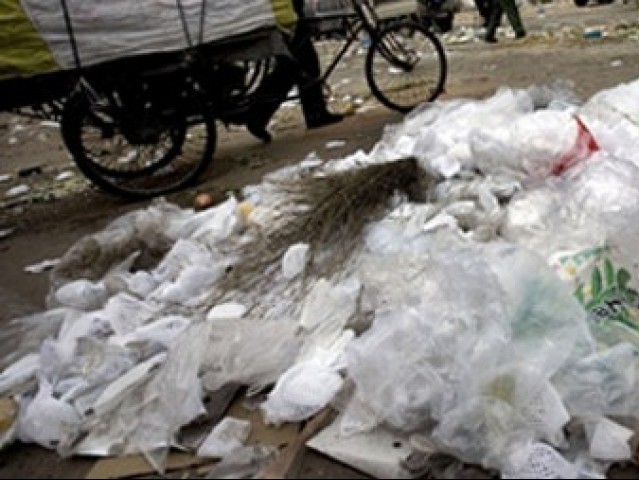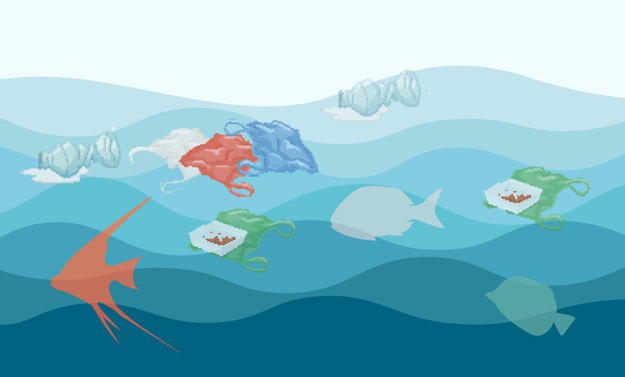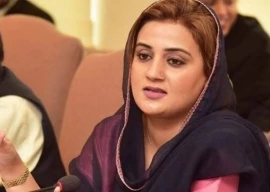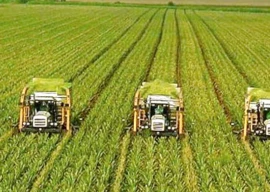
An estimated 90% of sea birds take in the plastic, WWF said. Fish and other animals are also not spared as they consume micro plastic or become entangled in the debris. When plastic bags, bottles, toys and packaging material are not disposed of properly, they reach the sea and damage coastal ecosystems. The ocean is expected to contain a tonne of plastic for every three tonnes of fish by 2025 and by 2050, there will be more plastic than fish in oceans.
Plastic factory gutted in Karachi fire

The key theme of the network meeting was to highlight the urgent need to swiftly translate sustainability strategies and practices to reduce plastic debris into Pakistan’s actionable development plans. The aim of the event was to turn the tide and solve excessive plastic waste problems that each one of us created on a daily basis.
On the occasion, Punjab Environment Protection Minister Begum Zakia Shah Nawaz Khan said efforts of the government alone cannot have a significant outcome unless the public showed interest and got involved in reducing plastic consumption.
“People should shift from disposable plastics to reusable material like cloth bags. If we do not take up this issue now, it will be devastating for all living beings,” she added.
WWF-Pakistan Director General Hammad Naqi Khan said using large quantities of single use plastics day after day was clearly devastating for the oceans.
SHC orders completion of inquiry into hospital fire in three weeks
“It is important to start focusing on how to phase out single use plastics in a more sustainable manner instead of only thinking of end of pipe solutions such as recycling or waste disposal. He stressed both governments and companies must work together to minimise plastic waste.”

WWF-Pakistan Environmental Assessment and Green Office Initiative Manager Nazifa Butt said that people’s dependency on plastics increased over the past decade and it was time to realise the importance of not using plastics and alternatives.
“WWF-Pakistan, through the Green Office Initiative, is also educating the corporate sector about plastic waste and encourages plastic recycling initiatives,” she said.
Office premises hold a key position in energy consumption and in sustainable solutions. WWF’s Green Office was an environmental service for offices where workplaces were motivated and guided to reduce their burden on the environment, achieve savings and slow down climate change. It was the aim to reduce carbon dioxide emissions and offices’ ecological footprint.
Suited to both large and small offices in private companies, the public sector and other organisations, Green Office motivated office staff to act in an environmentally friendly way with regard to everyday tasks, improve environmental awareness and save costs.
Published in The Express Tribune, November 1st, 2017.

















COMMENTS
Comments are moderated and generally will be posted if they are on-topic and not abusive.
For more information, please see our Comments FAQ